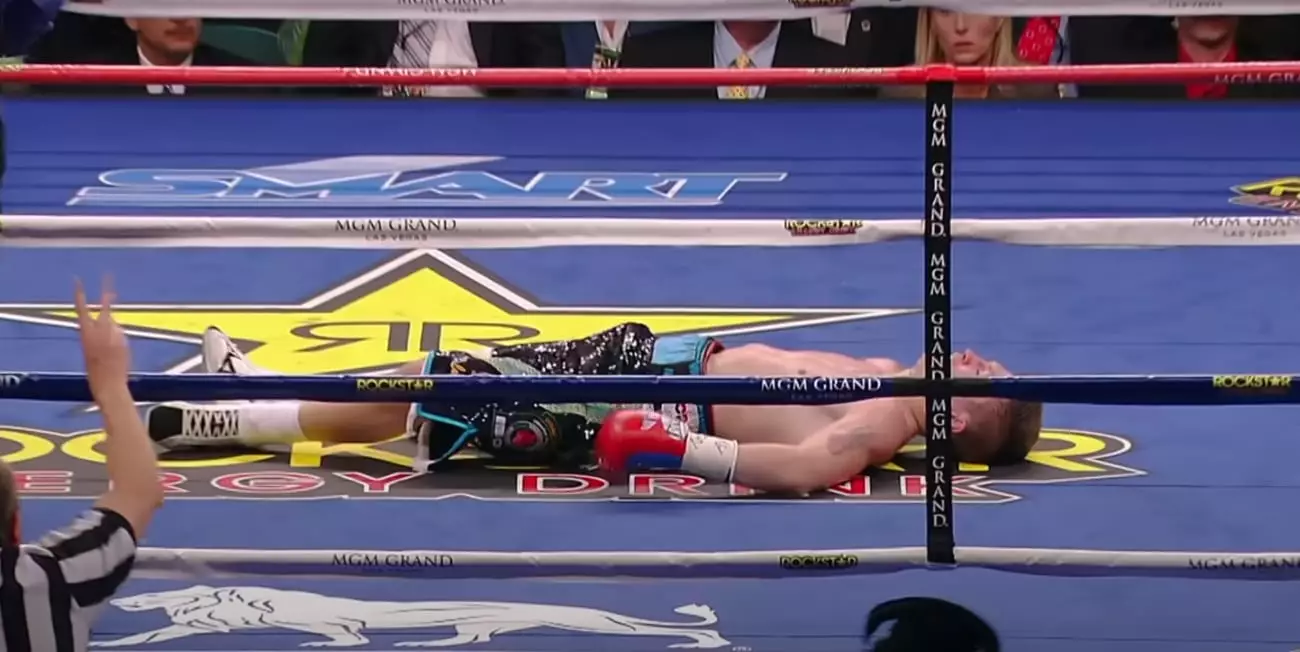Ricky Hatton, a name synonymous with British boxing glory, recently shared poignant insights about his legendary counterpart, Manny Pacquiao, ahead of Pacquiao’s anticipated return to the ring against WBC welterweight champion Mario Barrios. This discussion wasn’t merely a professional commentary; it unwrapped the layers of Hatton’s own turbulent experiences post their 2009 bout—an encounter that changed both fighters’ narratives irrevocably. Hatton’s frankness about Pacquiao’s prospects against Barrios was striking, as he expressed skepticism regarding the Filipino’s chances in the upcoming match. Yet the real heart of Hatton’s commentary lay not in the analysis of their shared history but in the emotional shadows he navigated after his own brutal loss.
Haunted by Past Fights
In an interview with DAZN News, Hatton disclosed the personal demons he faced following his defeat to Pacquiao, revealing a stark reality that often goes unnoticed by fans. “I really, really struggled when I lost to Manny Pacquiao,” he said, laying bare the tumult of despair he felt after being knocked out. This candid revelation about falling out with loved ones and battling severe mental health challenges highlights the often-ignored psychological repercussions of professional sport. The boxing ring is not just a physical battleground; it can inflict mental scars that extend far beyond the final bell. Hatton’s admission that he felt detached enough from life to contemplate suicide is a haunting reminder of the fragility of mental health, even for those who are public figures celebrated for their achievements.
Turning Pain into Purpose
Miraculously, Hatton transformed his ordeal into a platform for advocacy, emphasizing the importance of mental health awareness, particularly in sports. His role as an ambassador for mental health symbolizes a significant shift—a transformation from a fighter seeking only to overcome physical opponents to one battling societal stigmas. His advocacy echoes the sentiment that grappling with mental health is not a sign of weakness, but rather a courageous act of confronting one’s vulnerabilities. Just like Tyson Fury, who has similarly shared his mental health struggles, Hatton’s voice reverberates through the sports community, inspiring others to seek help and promoting a culture of openness—crucial in combat sports often stereotyped by stoicism.
The Fight Continues
While Hatton’s comeback fight against Vyacheslav Senchenko in 2012 ended in disappointment, it symbolized more than just a sports comeback. It marked his resilience; a testament to the fact that, while the physical fight may cease, the real battle against one’s personal demons rages on. Hatton’s journey reflects a profound narrative of triumph—one that signifies that while we may fall into the abyss, it is possible to claw our way back to the surface, armed with the experiences that not only define us but can also empower others grappling with similar challenges. This evolution from darkness to a pathway of hope and support highlights the inherent strength found in vulnerability, making Ricky Hatton not just a champion in the ring, but also a champion for mental health awareness.

